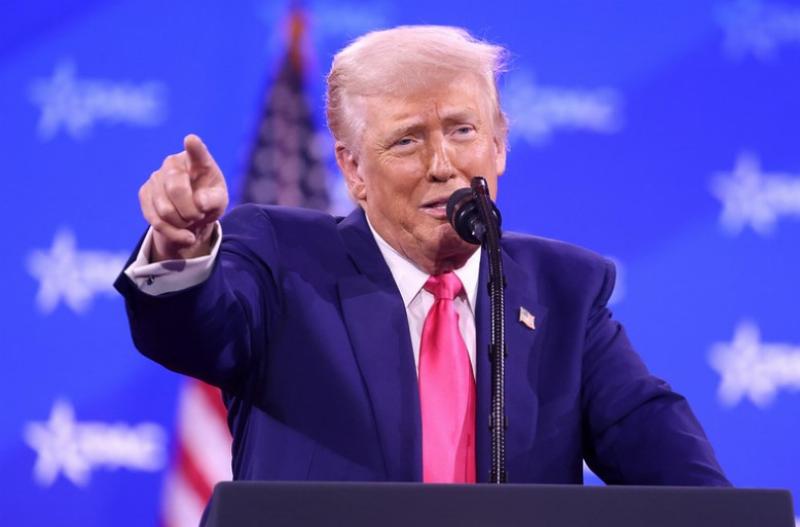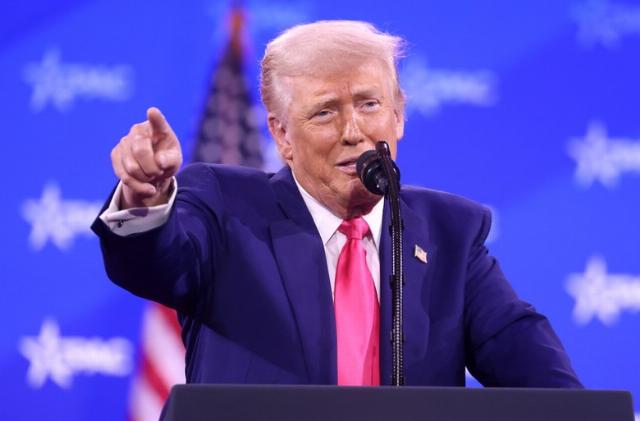


President Trump has decided to raise tariffs on many countries throughout the world. There are two types of countries: China and not China.
Those countries that are not China have been charging the United States enormous tariffs. With Trump’s tariff increase, these countries have decided to negotiate for lower tariffs. Expect tariffs on both sides to go down. This means that we will pay lower prices for foreign goods. Also, there will be more foreign demand for what we produce. Our economies will improve.
China is contemplating a war against Taiwan. The United States is expected to protect that country (if I dare say “country” in reference to Taiwan). China will not be a trading partner with a country with which it is at war. Do not expect to buy Chinese electronics while we are fighting China.
The best that we can do in anticipation of a war with China is to wean ourselves off Chinese products. The tariff is an easy way to do this.
With China knowing that we are preparing to do without its goods, China will see us as readying ourselves for war. China will also have a weaker economy. This will make China less likely to attack.
As usual, the stock market investors fear the worst and are reluctant to invest heavily in it. Also, Federal Reserve Board Chairman Jerome Powell expects higher prices for foreign goods and the resulting inflation. He is keeping the short-term interest rates high, which also depresses the stock market. He cannot directly control the mid-term and long-term rates, so the yield curve looks strange. This is evidence of his dubious decision. By the way, Powell does not have an economics degree.
Expect the inflation rate and the unemployment rate to go down. The prices for Chinese goods will go up, but we can compensate. After a period of adjustment, the rising stock market will rise even faster.
Trump’s tariffs are a double-barreled shotgun, one for China and one for the rest of the world. He is doing a good job of protecting us.

Image: Gage Skidmore via Flickr, CC BY-SA 2.0.
